Isn’t Meghan fabulous? Hasn’t she totally brought the monarchy into the 21st century? Doesn’t she make Kate look like such a square? We were so bored of Sloaney English roses, weren’t we?
Meghan Markle is widely considered to be the best thing to have happened to the royal family — and Britain — in a long time. The newspapers are ecstatic, and not just the patriotic ones. There will be pictures, pictures and more pictures to come. Or fake pictures, if that’s what sells. The Sunday Sport recently ‘discovered’ a fake topless picture of Prince Harry’s squeeze, stuck it on the front page and ran with the headline ‘Harry’s Meghan in nude phone photo shock’. Our new princess had better prepare herself for the gutter-sludge delights of the tabloids.
The Guardian, formerly a bastion of republican sentiment, has been extraordinarily sycophantic. The paper’s writers and editors seem to have decided that, thanks to Meg’s vibe, the monarchy is undergoing a transformation from vile patriarchal institution into something progressive, accessible and diverse.
In the past, when big royal news broke — the birth of Prince George, say — the Guardian website would allow readers to block royal stories from appearing on the home page. No such curmudgeonly spirit with Harry and Meghan: the republican-only button appeared to be missing from the website on the day of the happy announcement. Instead, a live blog ran all day and readers described how pleased they were about Meghan joining the royal family.
How has this happened? It’s partly down to spin. In the past few years, the younger royals, with guidance from their advisers and PR consultants, have repositioned themselves. Kate and Wills now talk solemnly about that most fashionable of topics: mental health. The Duke of Cambridge even filmed himself talking about it to Lady Gaga via Skype, which really did look mad. And when Prince Harry isn’t delivering feminist speeches or praising Malala, he is ‘slamming’ social media trolls for their ‘outright sexism and racism’ directed towards Meghan. This all goes down well with progressive millennials, who believe that racism and the stigmatisation of mental illness are the world’s greatest evils.
We seem to be witnessing the birth of ‘woke monarchism’. Woke is millennial slang for being sensitive — or ‘awake’ — to the issues of prejudice within society. Marrying a mixed-race divorcee is considered ‘woke’. Wearing a Nazi uniform to a fancy-dress party is not.
Woke monarchism is also a left-liberal response to populist right-wingery. The children of progress are so horrified by the democratic results of 2016 (Brexit and Trump) that they desperately want elite figures to put their societies back on a respectable path. Meghan Markle is already being positioned as the heroine Britain needs. If she can’t stop Brexit, then she can at least ‘sprinkle some stardust’ on ‘Brand Britain’, as one Observer writer suggested.
Judging by such reactions, the young royals’ decision to champion popular causes is shrewd. It has certainly helped them connect with my generation. But the advent of woke monarchism also raises an interesting question: are we still allowed to poke fun at the royal family now that the institution has become politically correct?
Yes … and we must. We can be pro-monarchy and pro-mockery, perhaps now even more than ever. Britain has a long tradition of trolling the monarchy. It’s our way of letting off the steam that inevitably builds up from the boiling pomposity of the institution. France started lopping off aristocratic heads; Britain preferred to laugh at them. Gillray and Cruikshank’s merciless caricatures turned the 18th- and 19th-century royals into targets: parsimonious ogres and fat, lazy slobs. This custom of irreverence has survived, whether the royal family likes it or not. Charles and Camilla have been lampooned for many years, as was Diana. Where to begin with Fergie and Prince Andrew?
More recently, the younger royals have found themselves at the mercy of our lust for vicious commentary. After the royal wedding in 2011, Princess Beatrice discovered she had become an internet meme because of her choice of hat. In Harry Enfield’s Channel 4 show The Windsors, Kate is depicted as a gypsy traveller who loves fighting. Pippa is cast as her harlot sister, intent on seducing that witless mug Harry.
This isn’t just a healthy reaction; mockery is essential if our monarchy is to survive. The British want royals who can cope with being figures of fun as well as adoration — it’s not much to ask in return for lives of such great privilege. And though Harry and Meg may promote the most impeccably virtuous of causes; though they may cry ‘racism’ or claim tabloid harassment, they must not be exempt.
The royal wedding next year will come during a time of immense turmoil in Britain. Woke monarchists hope that Meghan can soothe our troubled politics. Perhaps she can, if she only masters that noble art of not taking oneself too seriously.
Got something to add? Join the discussion and comment below.
Get 10 issues for just $10
Subscribe to The Spectator Australia today for the next 10 magazine issues, plus full online access, for just $10.
You might disagree with half of it, but you’ll enjoy reading all of it. Try your first month for free, then just $2 a week for the remainder of your first year.


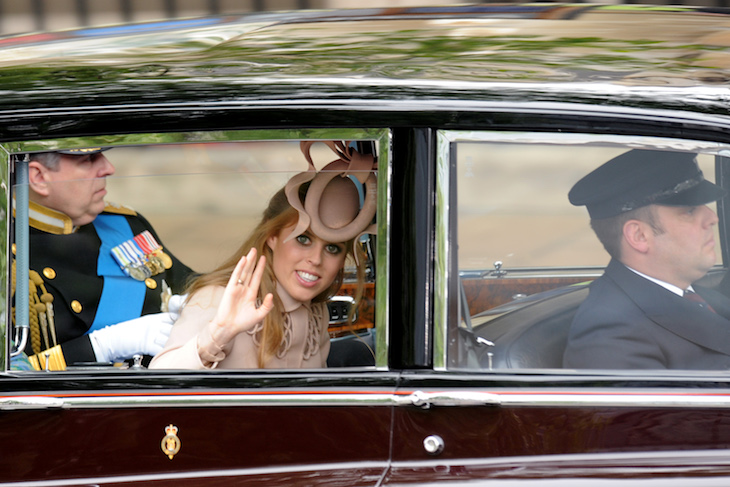

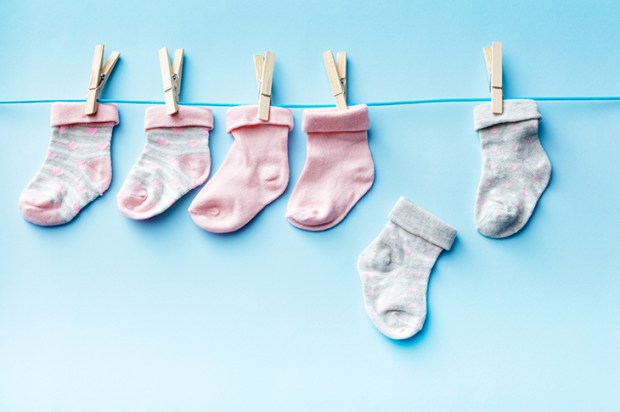
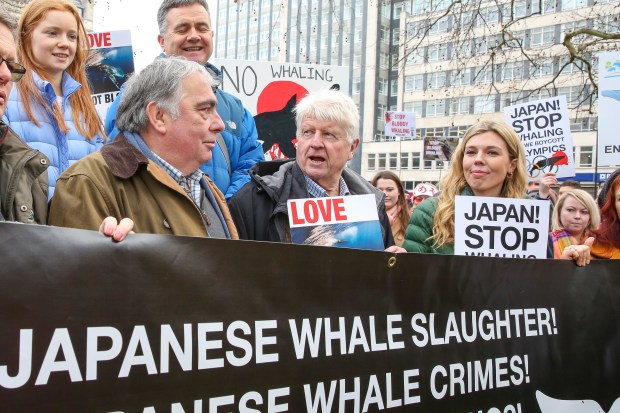
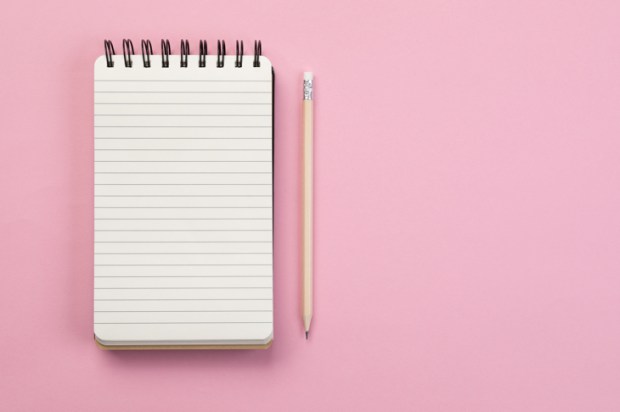
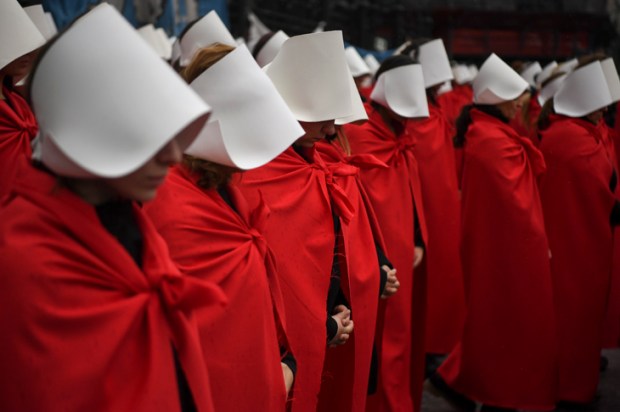
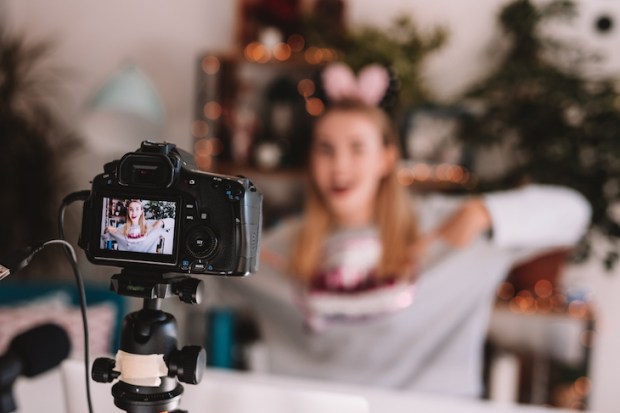






Comments
Don't miss out
Join the conversation with other Spectator Australia readers. Subscribe to leave a comment.
SUBSCRIBEAlready a subscriber? Log in